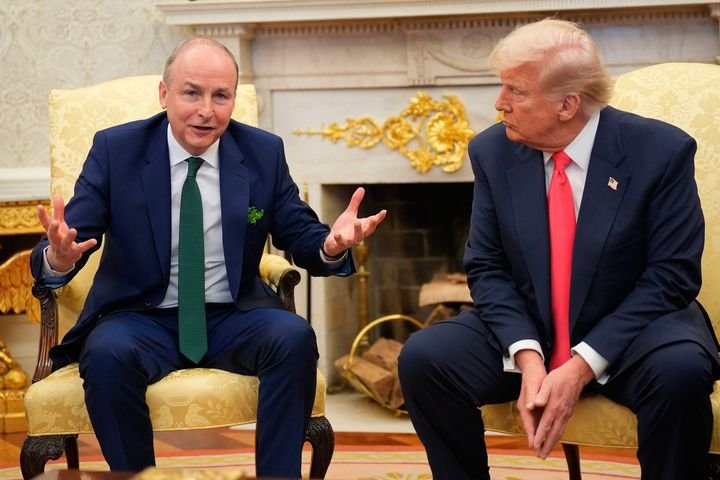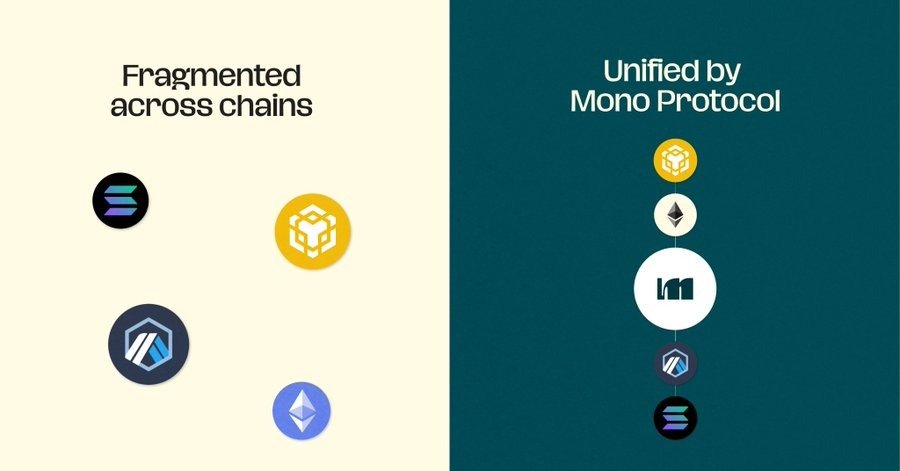Setting the standard for digital asset security

We are excited to bring Transform 2022 back in-person July 19 and virtually July 20 – 28. Join AI and data leaders for insightful talks and exciting networking opportunities. Register today!
Digital assets are in a new phase of engagement. President Biden’s executive order on cryptocurrency has ushered in a new era for the technology, with a clear signal that digital assets are here to stay and will play a key role in the development of a new financial infrastructure.
Nor is the U.S. alone in this approach. Other leading financial and economic hubs are accelerating their own regulatory frameworks on this issue. In Europe, EU lawmakers have shed a cumbersome amendment on proof-of-work–based assets from the Markets in Crypto Assets (MiCA) bill, indicating a desire to create a fair system that balances genuine financial innovation alongside the management of risk.
The significance of such forward-looking regulation cannot be understated. Many of the world’s largest financial institutions are at advanced stages of developing their digital asset use cases. This regulation provides a clear path for them to launch regulated products and services in key global markets.
Much of the discussion to date on engagement with digital assets has hinged on a core dichotomy: Should firms adopt digital asset infrastructure? Is there a business case for us in digital assets? As we enter this new phase, these questions have been answered emphatically in the affirmative. Firms are now asking: How should we build our digital asset use case? What are the key considerations we need to address?
Event
Transform 2022
Join us at the leading event on applied AI for enterprise business and technology decision makers in-person July 19 and virtually from July 20-28.
Register Here
The case for digital asset security
Security should be at the top of the list for every firm, no matter their use case. Crypto theft reached an all-time high in 2021, with $14 billion in cryptocurrency stolen – a 79% increase on the year previous. That figure is expected to rise significantly as adoption accelerates. Despite such risks, many firms do not have clear security standards in place for use cases, with a proliferation of products and services across the industry claiming to offer the “gold standard.”
While the fast-paced nature of innovation in the digital asset sector can make it challenging to keep up with the latest developments in digital asset security, now is the right time for the industry to come together and set the taxonomy for common security standards.
Setting the standards
Security is fundamental to every digital asset use case. At
Be the first to write a comment.



